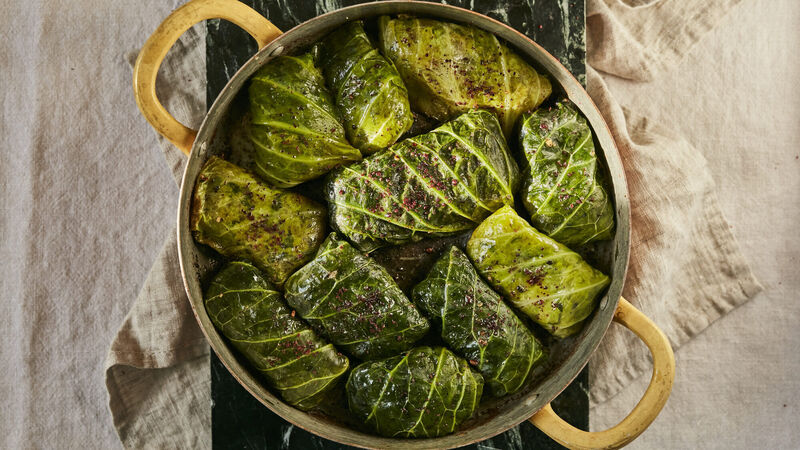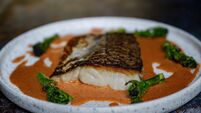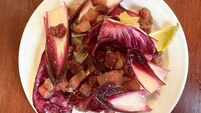Currabinny Cooks: Three recipes to make anyone fall in love with cabbage

Stuffed Cabbage Rolls inspired by TikTok. Picture: Bríd O'Donovan
There is something special about cabbage. It is difficult to describe how much this humble brassica delights me.
It might seem strange to some to obsess over such a seemingly ordinary, lowly vegetable such as cabbage, but it is exactly these kinds of ingredients that are often overlooked that offer the most interesting possibilities.






